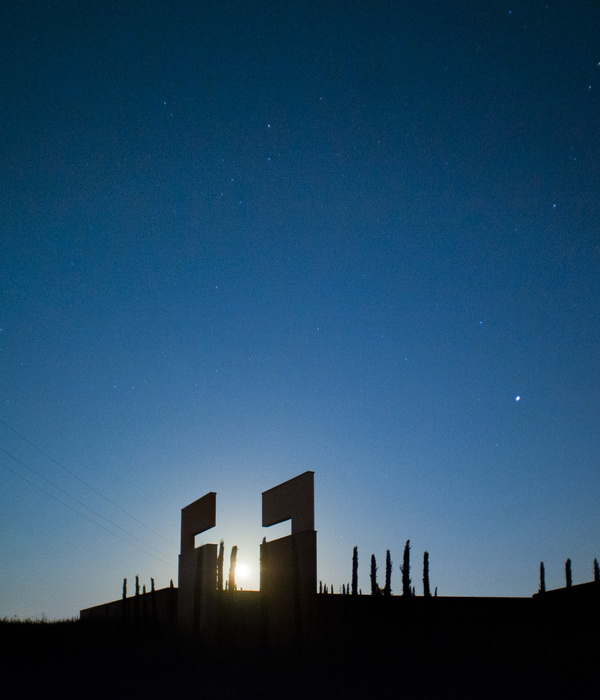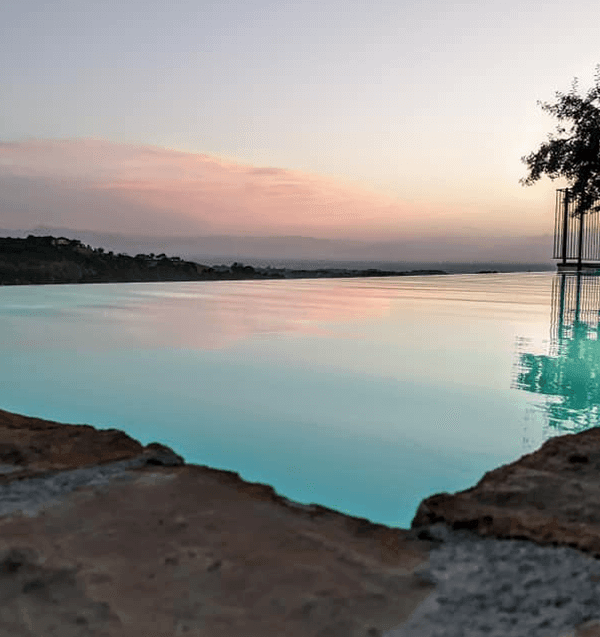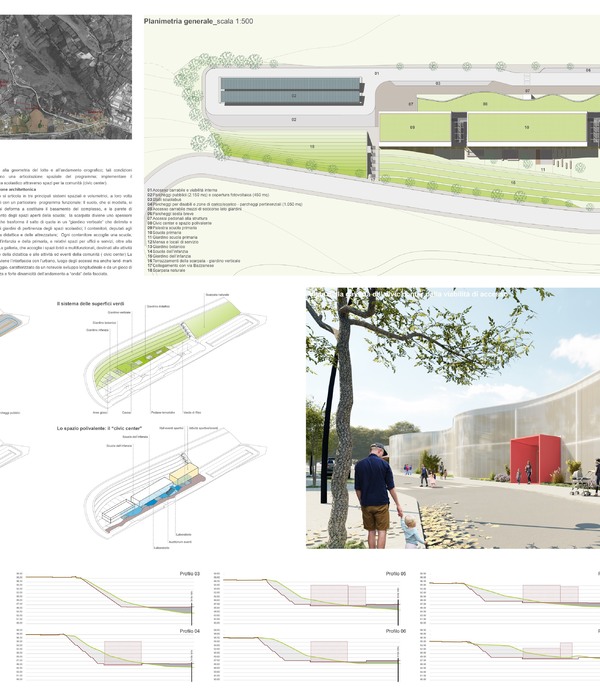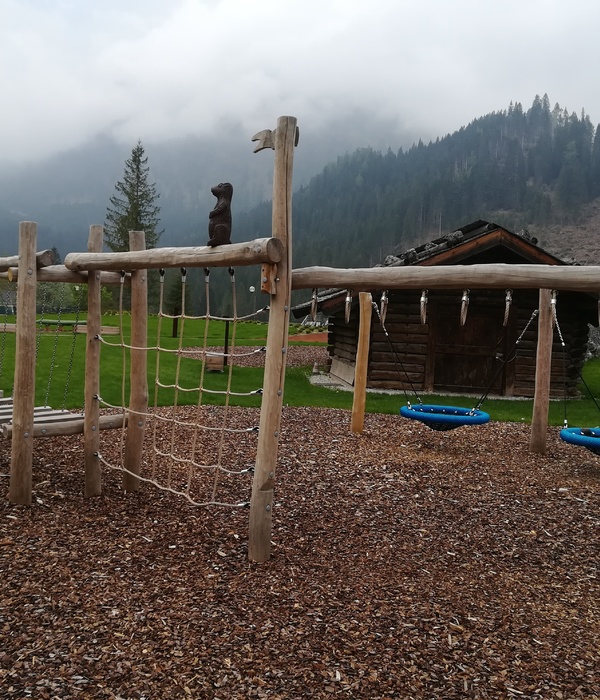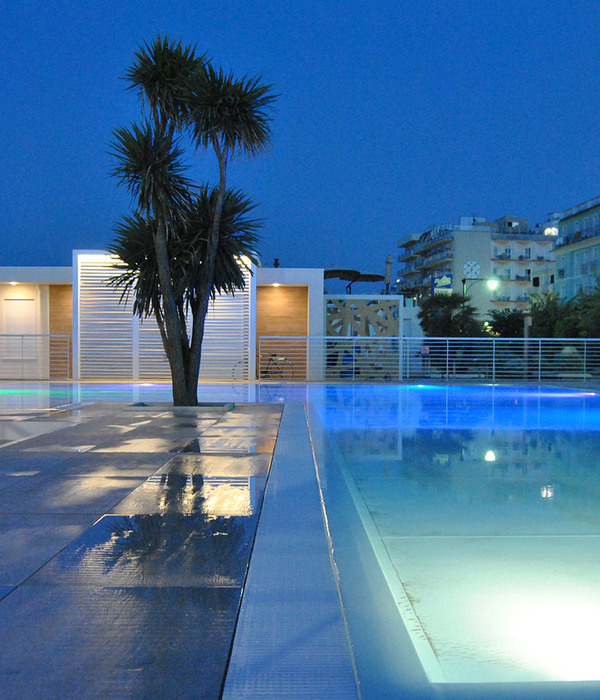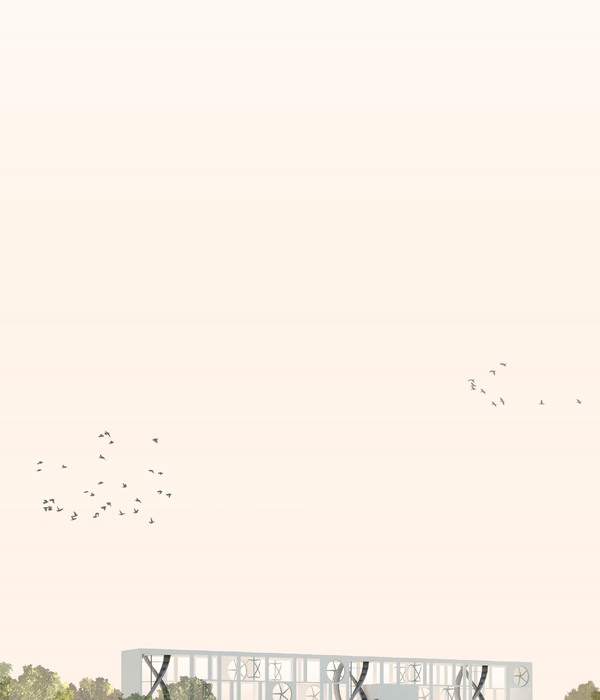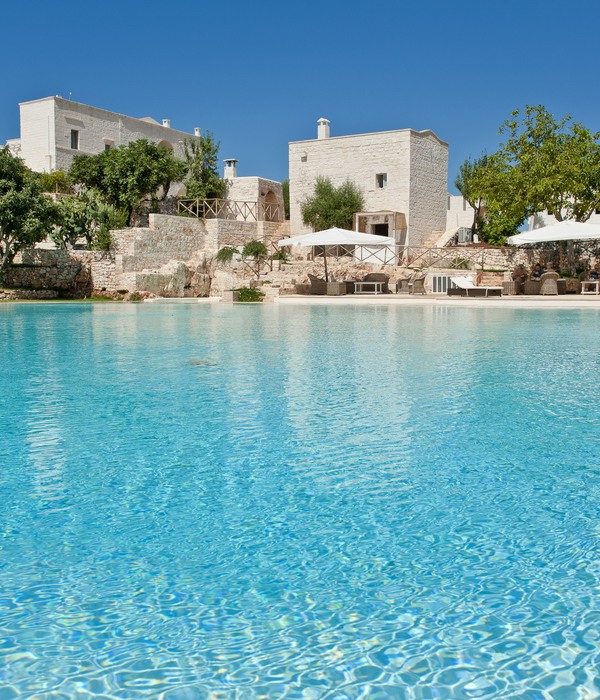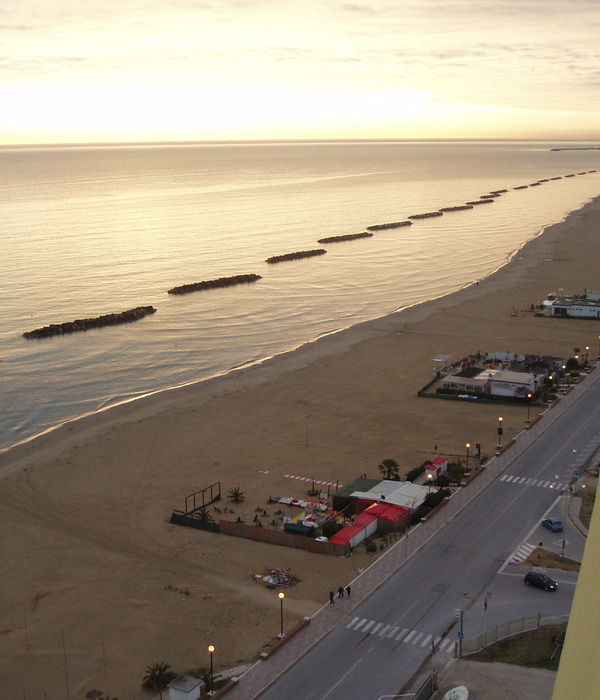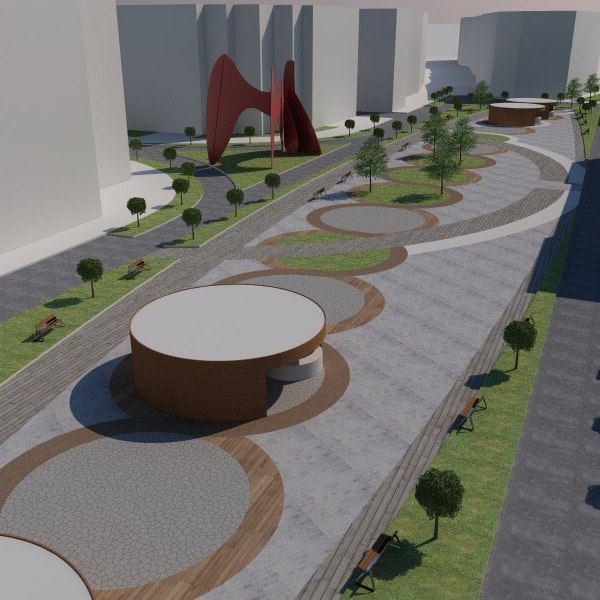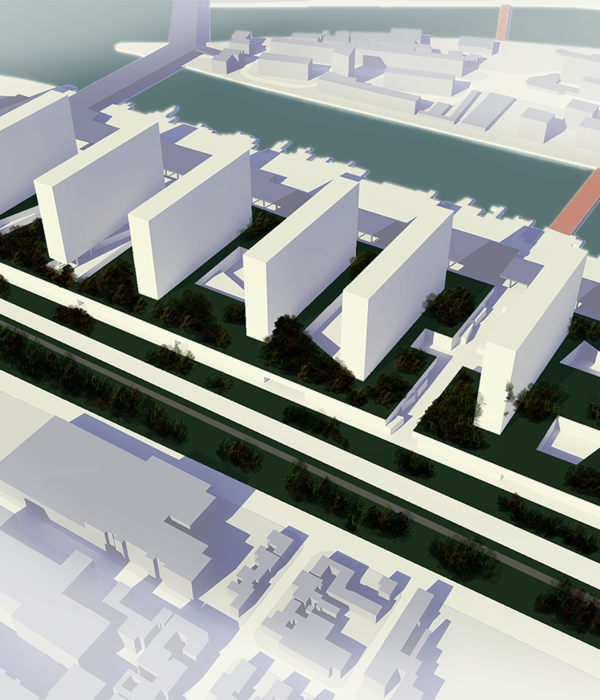Place Flagey by Latz + Partner
设计方:拉茨合伙人事务所
位置:比利时
分类:广场
内容:实景照片
设计时间:2005
建设时间:2005-2009
图片:10张
基地原址曾经有一个湖,水面宽广而连续,而在19世纪下半叶,部分湖面被回填,作为当时教会的核心活动区域。在上世纪30年代后期,这里建起了一个广场以及国家广播电台的办公大楼。如今,这里建起了地下车库,而广场也运用了新的铺装材料,保证了广场的视觉连续性,也加强了广场和教堂以及水域的联系。
水景和植物的选择都选用色系相近的浅蓝色和灰色系,提醒人们该地区的历史性,以及将空间延伸到邻居的公园和相邻的公共空间。而植物则是由保留树种和人为种植的植物共同组成。树种有杨树、枫树、柳树等。广场上有功能各异的构筑物,这些构筑有电车候车亭、巴士候车亭、地下停车场出入口、电梯和凉亭等,这些都上广场上特有的设计元素。有轨电车候车亭虽然有着巨大的挑檐,但是所有休息设施的立面都是透明的,保持了广场视线的通畅。
铺装样式丰富,采用了条带状蓝色花岗岩石材,增加了广场的韵律感,并保持了相对一致性,而这种一致性也软化了和周围各个区域的隔阂,比如北部的相对贫困的社区,以及南部临湖的中产阶级社区。其次,附近的建筑学院的学生和游客也可以到这来,所以,整个广场并不是特定为某种用途而设计的。
考虑到这样的一个动态的、多元化的社会和城市结构,因而
设计方案
需要创建一个开放的,高度通达性的、布局灵活的空间。通过对座椅的不同处理,创建各种不同的休息空间,比如西北部的座椅和西南部的座椅的靠背高度就有所不同,这样可以带来不同的观赏体验,而有的座椅可以直接享受阳光,而有的座椅位于树荫之下,这些都潜移默化的改变了整个广场的氛围。喷泉区位于相对独立的区域,水花直接从地面喷出,营造出独特的视觉和听觉效果,在炎炎夏日,为人们带来了阵阵清爽。
译者: 饭团小组
In former times, there existed a lake in this place, the largest one of a chain of water surfaces. Parts of it were backfilled already in the second half of the 19th century what enabled the Place Saint – Croix in front of the church Saint – Croix and a promenade, being at that time the core of the quarter. In the late thirties of the last century, the other sides of the square were completed with the Foyer Ixellois, a complex of social housing and the National Radio building.
Today, after the construction of underground garage and rainwater reservoir, the location of the former promenade is paved with the same material like the new public square. This guarantees both a continuity of material and a visual continuity and strengthens the connections between the square and the promenades along the church and the lakes.
Water features, informally planted tree groups and the choice of the species as well as structure and bluish – grey colour of the surface remind symbolically of the place‘s history and form a link to the neighbouring park and adjacent public spaces (Pessoa Square and Place Sainte – Croix). The “vegetation” is composed of natural and artificial elements – willows and maples connecting to the plants at the lake, willows and chest-nuts to existing green spaces in the north, and the light glass and steel canopy sheltering the tram and bus junction.
The challenge was to integrate the necessary traffic lines circling the square, the roofed tram and bus junc-tion, the entrances to the underground garage and other tech¬nical infrastructure in a way, that the main func-tion of the square as an area mainly for pedestrians, for play and rest of the residents as well as for diverse uses like the weekly fruit and vegetable market, would have absolute priority.
The consistency of the surface made of blue granite, which covers the whole area between the facades, enlarges the place‘s dimensions and gives it a generous spatial impression. Moreover, this consistency seems to soften the difference between the poorer neighbourhood of the immigrants (Portuguese and Mo-roccan quarters north of the square) and the middle – class side (wealthy residential zones at the southern edge of the lakes). Students of the Architecture School La Cambre and visitors of the Flagey Cultural Centre contribute to the heterogeneity of this quarter south-east of Brussels’ city centre and its cosmopolitan vi-brancy.
Considering such a dynamic and diversified social and urban structure, we saw only one solution for the transformation of this site: to create a freely accessible and generously laid out open space with no restric-tion, which enables and enhances co-existence; to offer a “neutral” surface for the play between solid and transparent as well as permanent and temporary elements; to enable a multifunctional platform which doesn’t limit its visitors to certain uses but motivates them and lets them act unaffectedly; to avoid a thematic characterization of the space by too strong gestures.
Due to the fact that the paved surface of the square and the tarmac surface of adjacent streets belong to the same colour palette, the furniture represents the limiting line: The modular system of the “Flow Bench”* is used at the north-western and south-eastern side to frame the place with swinging rows of wooden seats, with backrests varying in height. They offer a certain protection against the traffic with differently combined components, and the pleasure to enjoy sun or shade where situated under trees. Moreover, by bringing to-gether most different people of different origin the bench has become a symbol for the feeling of together-ness in a European town.
With reference to the place’s history, the fountains embedded into the stone surface represent one of the key elements. Their water provides an additional irregular texture above the homogeneous surface of the square and refreshing coolness on hot summer days.The liveliness of the new place shows that Flagey’s socio – cultural mosaic has found a space to express itself.
布鲁塞尔Flagey广场外部图
布鲁塞尔Flagey广场外部局部图
布鲁塞尔Flagey广场
布鲁塞尔Flagey广场图解
{{item.text_origin}}

